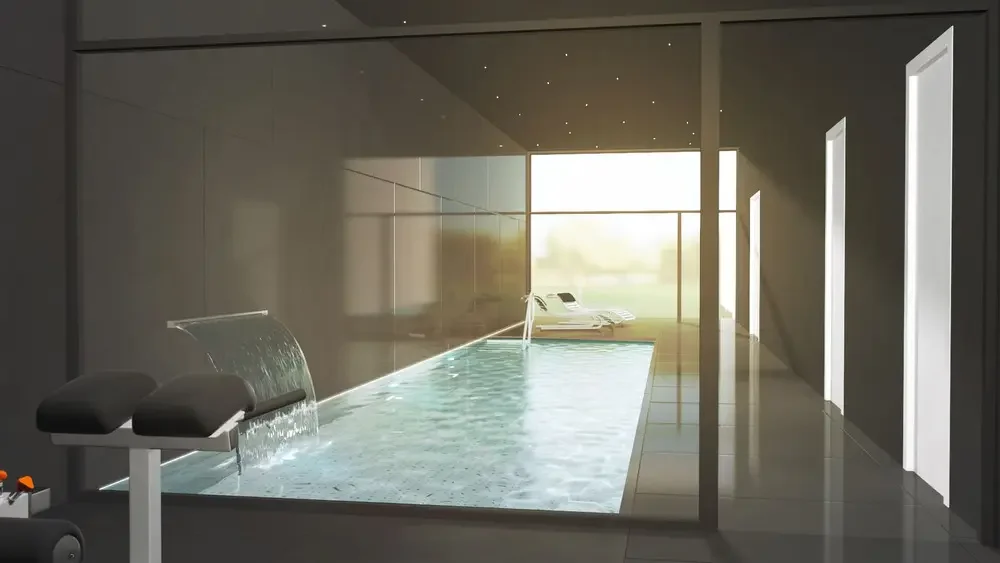Commercial Solutions
Fluidra Commercial Pool Division develops innovative, highly technical and sustainable water solutions designed to create unique facilities for the “Commercial Pool” category.
Why choose Fluidra
Commercial Pool Division?

All around pool and wellness partner
Fluidra’s team of top specialists ensure a single point of contact throughout the project timeline. From design to execution, we look after each element to ensure 100% satisfaction.

Innovation and technology
Fluidra offers sustainable and energy-efficient solutions in pool manufacturing, with smart and automated features to optimize maintenance operations and ensure a perfect user experience. Moreover, our solutions integrate seamlessly with any existing architecture.
Added-value solutions
Fluidra’s unique solutions are designed to add value and provide one-of-a-kind designs in the market. We aim to enhance the user experience while accelerating ROI, without compromising health, safety and comfort for the end user.

Expertise
Long-standing track record: More than 1.5 million commercial and residential facilities in the world featuring some piece of equipment from Fluidra speak for themselves.

Products manufactured by Fluidra
The Fluidra Commercial Pool Division team carefully selects the most suitable applications and equipment from Fluidra’s portfolio along with specific third-party solutions as needed, to best meet all requirements in any given project.
We offer a wide variety of specialized services carried out with the latest technologies in different areas of the sector.
Discover our Blog, where you will find articles with quality content related to our experience in the sector

